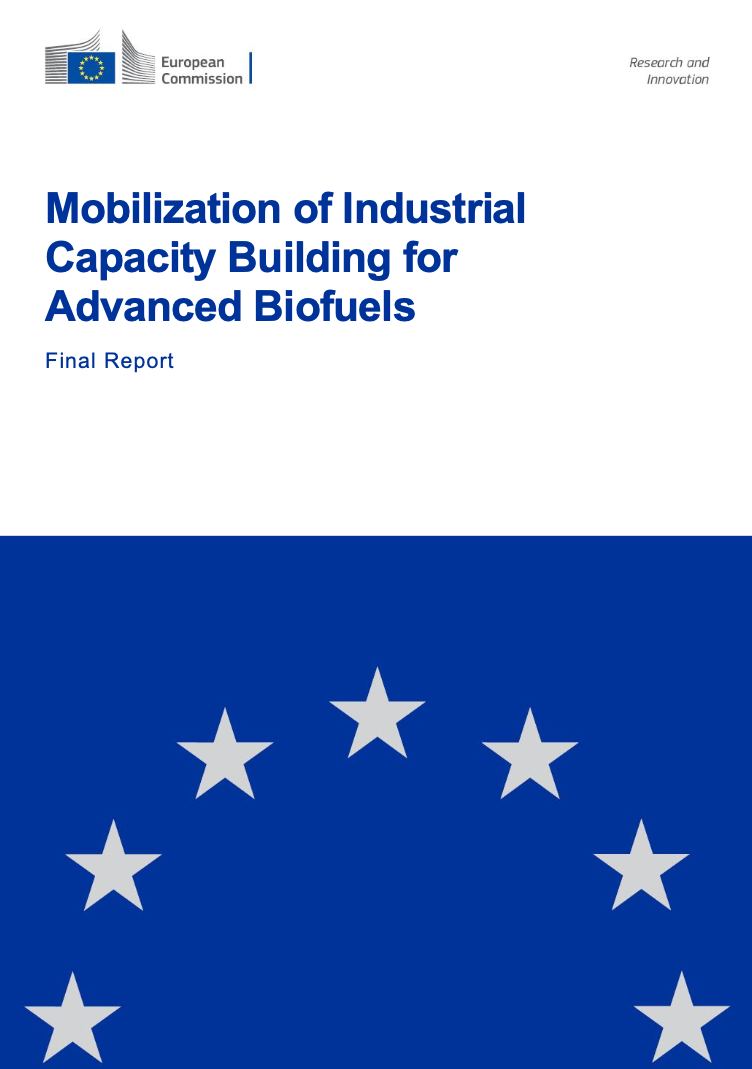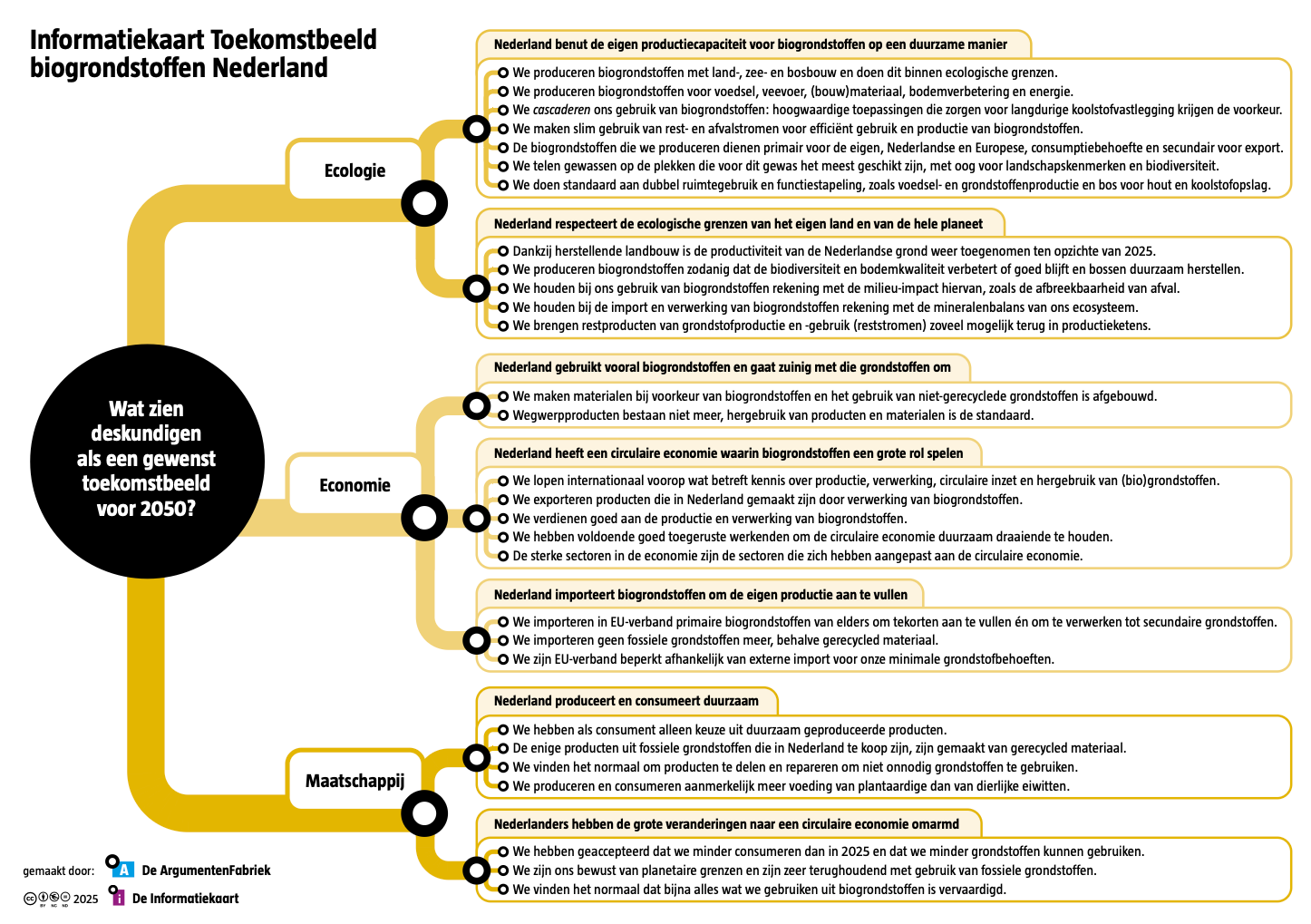McKinsey: From ambition to action - Decarbonization and beyond in the Netherlands | 2023

According to the latest research by the Sustainability branch of the global management consultancy firm McKinsey, the Netherlands can be a leader in innovation for decarbonising technology. In their report titled “From ambition to action: Decarbonization and beyond in the Netherlands” (November 2023), the authors elaborate on five forward-leaning moves (“the what”) and highlights six “unlocks” (“the how”) that could accelerate the country’s decarbonization journey while driving economic growth.
The Netherlands has tangible opportunities to drive the CO2 emissions reduction in line with its climate targets. The report considers The Netherlandsto be an especially interesting place for the acceleration of decarbonization due to its robust institutions, density of existing infrastructure and industrial players. However, considerable, and sustained efforts and significant investment across all sectors are required to reach their ambition. McKinsey estimates that investments amounting to €750 billion would be required in incremental capital expenditures to reach the net zero pathway, with costs lowering through innovation. However, the decarbonization journey should carefully consider the trade-offs to address the balance between decarbonization and issues of affordability, security of supply and competitiveness.
Efforts to reduce carbon emission footprint in the country are ongoing. However, a rate of 6 metric Megatons of CO2 equivalent per year is needed for the Netherlands to achieve its net-zero ambitions in 2050. This is a considerable challenge. Especially given that the country is home to a large base of energy intensive industries as well as a high share of hard-to-abate emissions (from agriculture and energy intensive industry). On the bright side, most of the required climate solutions for decarbonization are already available and technologically known, providing clear investment opportunities.
Given that a significant portion of the Netherlands’ emissions comes from power and industry, the authors have identified moves focusing primarily on these areas. The forward-leaning actions for collective, collaborative action are as follows:
1. A circular plastics cluster with the potential to eliminate plastic waste and enable the transition to a circular value chain
2. A sustainable-fuels hub to help decarbonize commercial transport
3. Clean-hydrogen infrastructure powered by an additional ten gigawatts (GW) of offshore wind energy
4. A carbon capture and storage centre that can theoretically abate 1,000 metric Megatons of CO2 across Northwest Europe
5. A more flexible power system enabling decarbonization (scaling up penetration of renewable power)
For each of these moves, the report elaborates on the advantages, the decarbonization potential and describes the path forward by exploring key investment strategies. Developing the right framework to support innovation is one of the key enablers of the transition. Next to these moves, the report discusses six unlocks that can accelerate the pace of the country’s decarbonization journey as well as reducing cost of the transition. The unlocks to support the shift are:
1. Shift from planning to problem solving
2. Radically solve for economy-wide bottlenecks
3. Signal and derisk through infrastructure development
4. Rethink the approach to risk (explicitly weigh the risk of no investing)
5. Develop innovative transition finance opportunities
6. Secure a support base among stakeholders
To download the report, visit McKinsey's special publication website.
Recente artikelen
EC DG Research: Mobilization of Industrial Capacity Building for Advanced Biofuels | 2026

Informatiekaart: Toekomstbeeld biogrondstoffen Nederland | 2025

SEANERGETIC: Zero-Emission Shipping Report - Accelerating Maritime Decarbonization


